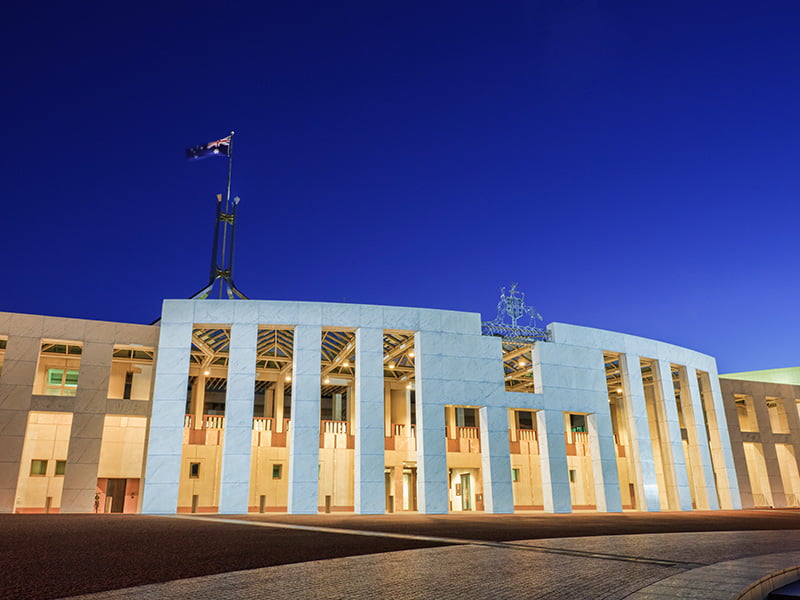The Law Council of Australia has warned that proposed changes to allow the nation’s international and domestic intelligence agencies to more easily gather covert intelligence on people in Australia are being rolled out without evidence that the increased powers are needed.
Agencies have pushed back on the claims, including in confidential briefings to Parliament’s national security committee, which is currently considering the proposal.
But the full range of evidence won’t be made public, despite the potentially significant changes that would be made to national security laws.

As part of major reforms to Australia’s national security laws, Home Affairs is seeking to allow the international spy agency – the Australian Secret Intelligence Service (ASIS) – to assist its domestic counterpart, the Australian Security Intelligence Organisation (ASIO), by producing intelligence on Australians without a ministerial authorisation.
This cooperation scheme is currently limited to collection activities undertaken by ASIS outside Australia. But Home Affairs’ proposed legislative amendments would extend it to domestic collection activities by ASIS, done in support of ASIO.
Allowing ASIS to assist ASIO in domestic intelligence gathering was recommended in a 2017 Independent Intelligence Review of security powers but was shot down by the more extensive and recent Richardson Review, which said there was insufficient evidence to justify the expansion in 2020 when it was released in 2020.
But the government has disagreed with former ASIO chief Dennis Richardson’s recommendation to not extend ASIS powers onshore – one of only four of the 203 review recommendations the government did not endorse.
A bill to implement the change and others in response to the Richardson Review is currently being considered by the bipartisan Parliamentary Joint Committee on Intelligence and Security.
The Law Council of Australia has warned in a submission the extension of ASIS powers comes without adequate information to “publicly establish the necessity of authorising ASIS to operate domestically to collect security intelligence”.
The Council on Friday told a public hearing that the government needed to provide more information about why ASIS needs to assist ASIO in conducting domestic intelligence and why ministerial approval won’t be required to do so.
The Law Council of Australia’ national security committee chair Lloyd Babb said there is good reason to keep clear delineation between ASIS and ASIO, which have historically separated functions on geographical lines, and any changes needed careful consideration.
There was insufficient evidence available in public information to demonstrate the need for ASIS involvement in domestic intelligence production, Mr Babb said, also noting that ASIO is already able to quickly access ASIS staff through secondment.
“In the material available to us, [we] haven’t seen anything to show that there is operational need for a supporting role onshore [with] ASIS itself rather than incorporating when needed individuals as affiliates of ASIO,” Mr Babb said.
There was a similar lack of public evidence for why ASIS would not need a minister’s approval to support ASIO in domestic intelligence, according to Mr Babb.
ASIS has provided the PJCIS with a classified submission understood to address these concerns with historical examples demonstrating the need for ASIS’s increased involvement in domestic intelligence. But the submission, which also involved other security agencies, will not be released to the public or the Law Council for response.
At the public hearing Friday, ASIO officials described the current separation of the agencies as an “unnatural barrier” which had slowed cooperation in the past.
“There are certainly circumstances where we have been unable to seize an opportunity to better understand the threat on the basis of this geographic impediment to ASIS being able to support ASIO,” ASIO deputy director-general, intelligence service delivery Heather Cook said.
ASIO will not provide specific examples of this impediment publicly but has briefed the security committee behind closed doors.
Ms Cook offered a hypothetical of an ASIS source being unable to share intelligence on an individual on shore in Australia.
“The current legislation would not allow ASIS to collect that intelligence or task their source to reach out to that individual onshore in Australia to collect that intelligence,” she said.
“So that is an impediment that we would be seeking to avoid.”
Do you know more? Contact James Riley via Email.

